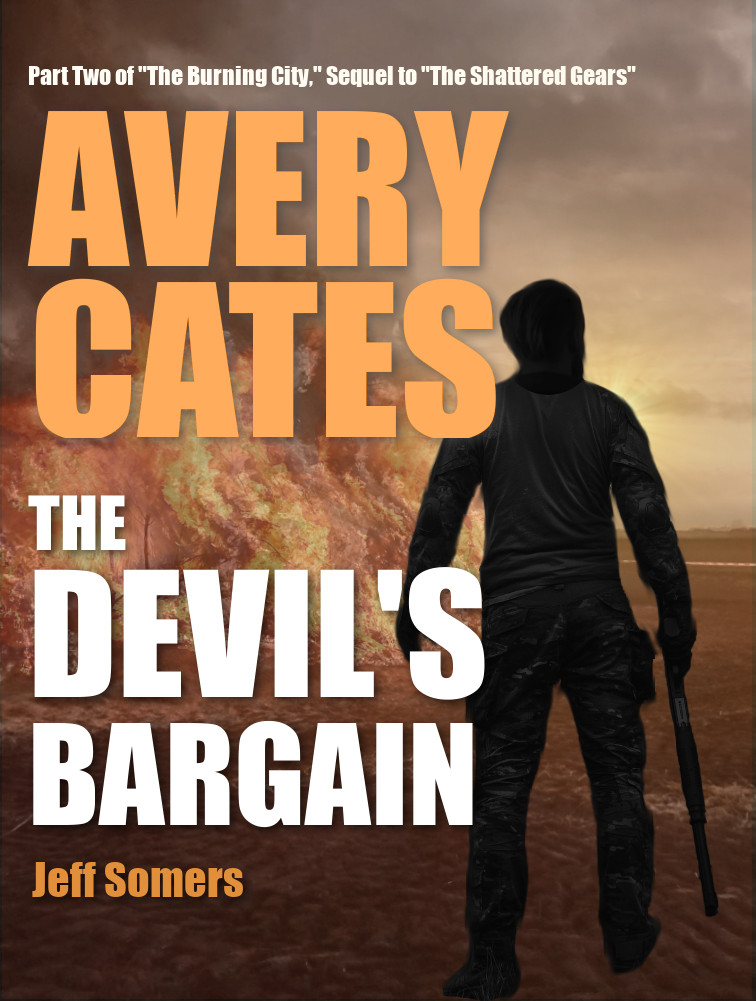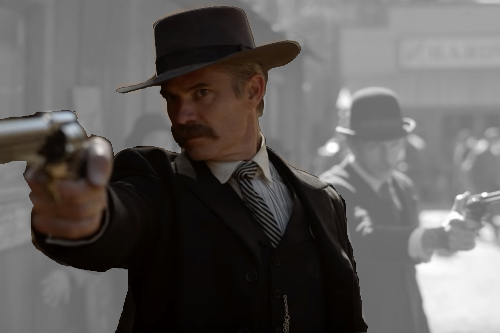The Myth of The Effortless Brad Pitt

When discussing the craft of writing, you might not think Brad Pitt comes into it all that much. Or, perhaps, you expect Brad Pitt to come into it constantly, to be a part of every conversation. Which: Fair.
I bring up Brad Pitt because I recently saw the film Once Upon a Time in Hollywood and thus was exposed to over two hours of Pitt being impossibly cool as the confident, athletic, and possibly homicidal failed stuntman Cliff Booth. This included a gratuitous scene where Cliff climbs onto a roof to fix a fallen television antennae and takes off his shirt to bask in the California sun. I can imagine zero reason for this scene to be in the film except that Quentin Tarantino knew it would please his audience, or possibly because Pitt just takes his shirt off constantly and it was bound to be in the final cut by sheer weight of minutes captured on film.
But! I have not come here to drag Brad Pitt. He’s a fine-looking man, and obviously works hard at being fit and at acting. He’s fun to watch on the screen. That’s actually my point: Brad Pitt works hard at things. Cliff Booth? Not so much.
Effortlessly Cool
While it is true that no one wants their movies to be an hour longer so the director can include many lengthy sequences when their badass characters work out in the gym, train with weapons and in hand-to-hand combat, and drink endless beige smoothies filled with disgusting healthy goop, I wish there was at least a hint at that. Instead, Cliff is pretty typical: He’s never shown exercising, he drinks a fair amount, the one meal he’s shown preparing and eating is mac and cheese from a box, and yet he’s a smooth criminal who nearly defeats Bruce Fucking Lee in a fight. He exhibits badassery at several moments, most notably the bloody, hysterical ending. When he ascends that roof to fix the antennae, he does so in a few parkour-esque bounds. And, of course, he has Brad Pitt’s abs.
If I lived Cliff’s lifestyle, I’d be 300 pounds. Possibly dead. I would not be capable of killing hippies and bounding onto roofs.
Now, full disclosure, I don’t usually detail my characters’ training regimen in my own fiction. Avery Cates never spends a few pages doing crunches while he contemplates his reaction times. But! Avery is a desperate criminal, and he’s usually being pushed from one desperate fight to the next, so I always imagined his lifestyle just generally kept him in decent shape.
But so many stories have Cliff Booths in them: Mere mortal men who are somehow killing machines with perfect abs despite spending most of their time sitting around doing nothing.
A Pet Peeve
It’s a pet peeve, is all. And something to think about when you’re writing your own characters. You don’t need to detail their gym routines, but a little hint that it doesn’t just come natural would be appreciated, and will add to the verisimilitude of the piece. As well as a reduction of stress in our audience.
Now if you’ll excuse me, I’ve been inspired by Cliff Booth to drink six beers and climb onto my roof. If you don’t hear from me in three or four days, assume I’m dead and someone please burn my hard drive.









